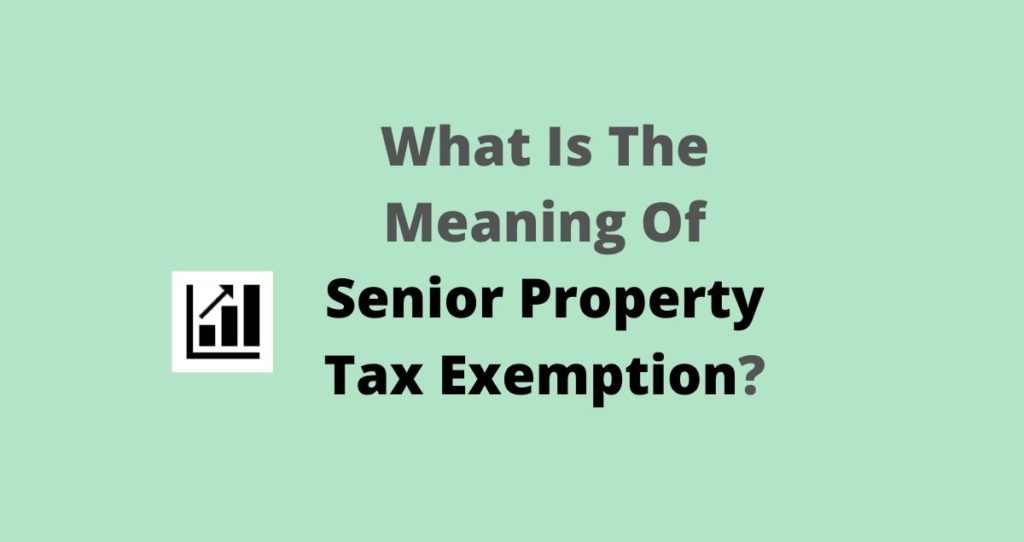What does Senior Exemption mean?
The senior exemption or senior property tax exemption is a property tax reduction offered to qualified senior citizens, according to MN House Research. The senior exemptions do not reduce the tax rates of qualified candidates.
As noted by the New York State, the exemption will reduce the value of the homeowner. The tax assessment will then be calculated based on the reduced value of the property. The reduction percentage depends on the household income and the value of the house.
How to qualify for senior exemption?
The property tax exemption will be different from one state to another. However, there are qualifications that each applicant must meet in order to qualify for senior property tax exemptions.
As noted by the mortgage reports and MN House Research, the following are some of the qualifications required for senior tax exemption.
(1) The applicant must live in the house as her/his primarily residence
(2) The applicant must meet the minimum age requirements for tax exemption in their states. This age ranges between 61 and 65 depending on the states.
(3) Total household income must be less than $60,000.
(4) Before submitting the initial application, one of the households must have owned and occupied the house for at least 15 years
(5) Total unpaid debts on the property must be less than 75% of the assessed market value of the property.
Keep in mind that these requirements will not be the same in every state. Some states have more requirements whereas others have a variation of these requirements.
Senior citizens who qualify for senior exemptions can apply for this service at their local county tax office before the deadline. Some states, cities, and local counties provide the senior tax exemption services online.









